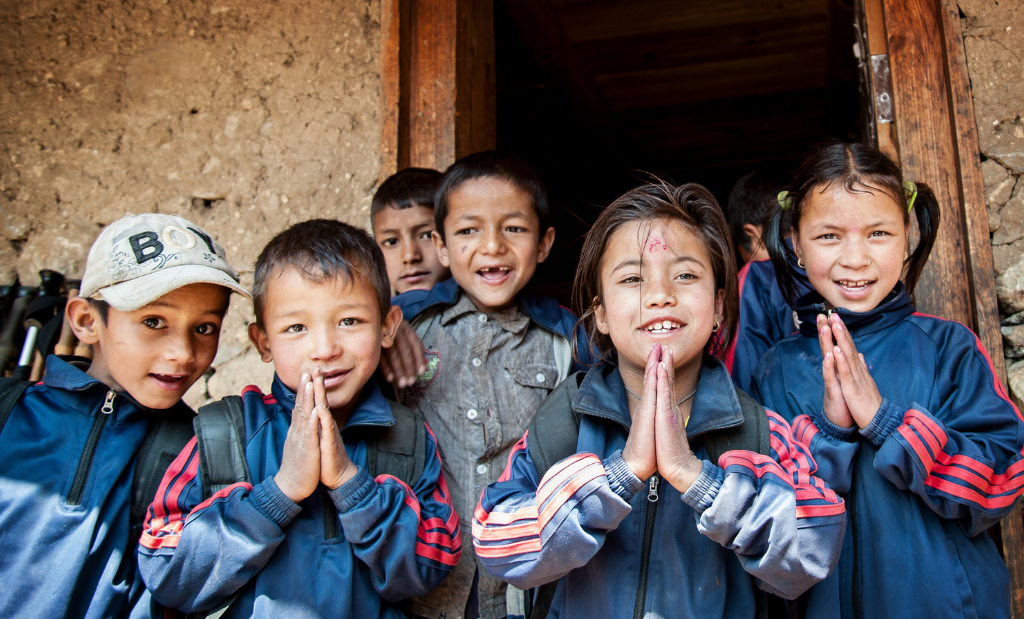Since inception, Adara has reached more than 600,000 people living in poverty and countless more through our influence, networks and knowledge sharing.
We believe the knowledge created through our programmes is not ours to keep. We strive to scale the impact of our programmes by sharing the data, research conclusions, training packages and lessons learned.
We are taking our very best ideas and our biggest mistakes, distilled from more than two decades of working in the field, and sharing them locally, nationally and globally.
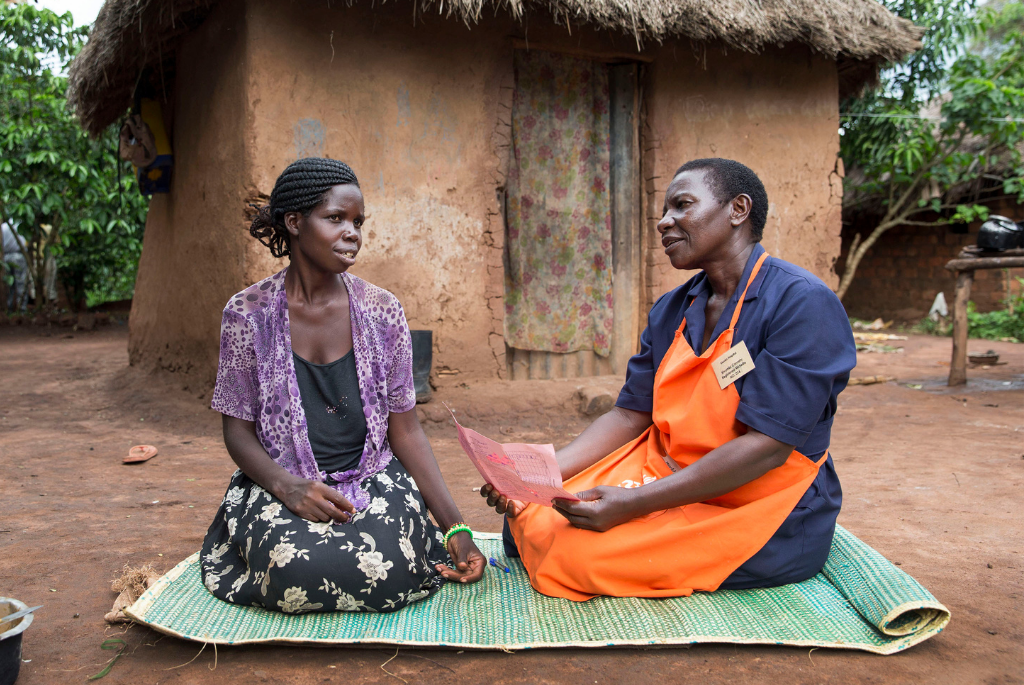
Best-Practice Learnings
Featured Resources
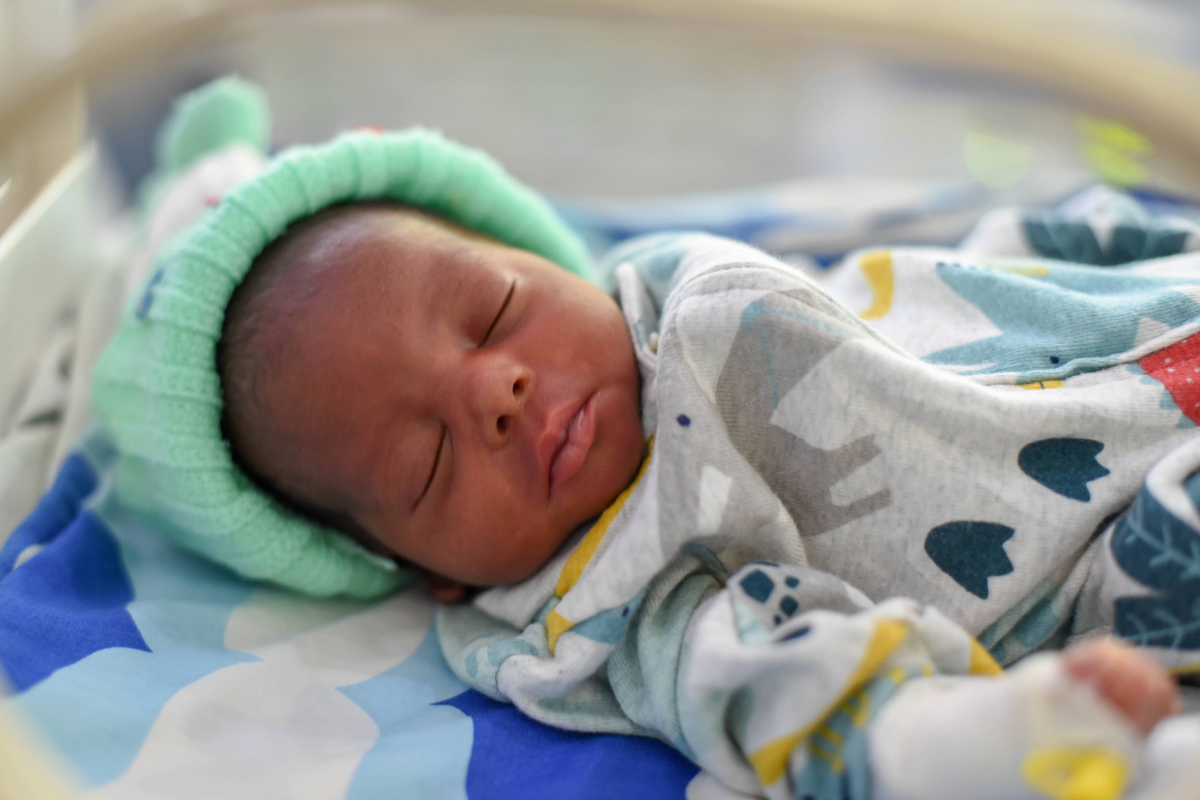
AdaraNewborn Training Programme – All Modules (combined PDF)
All modules in the AdaraNewborn Training Programme.
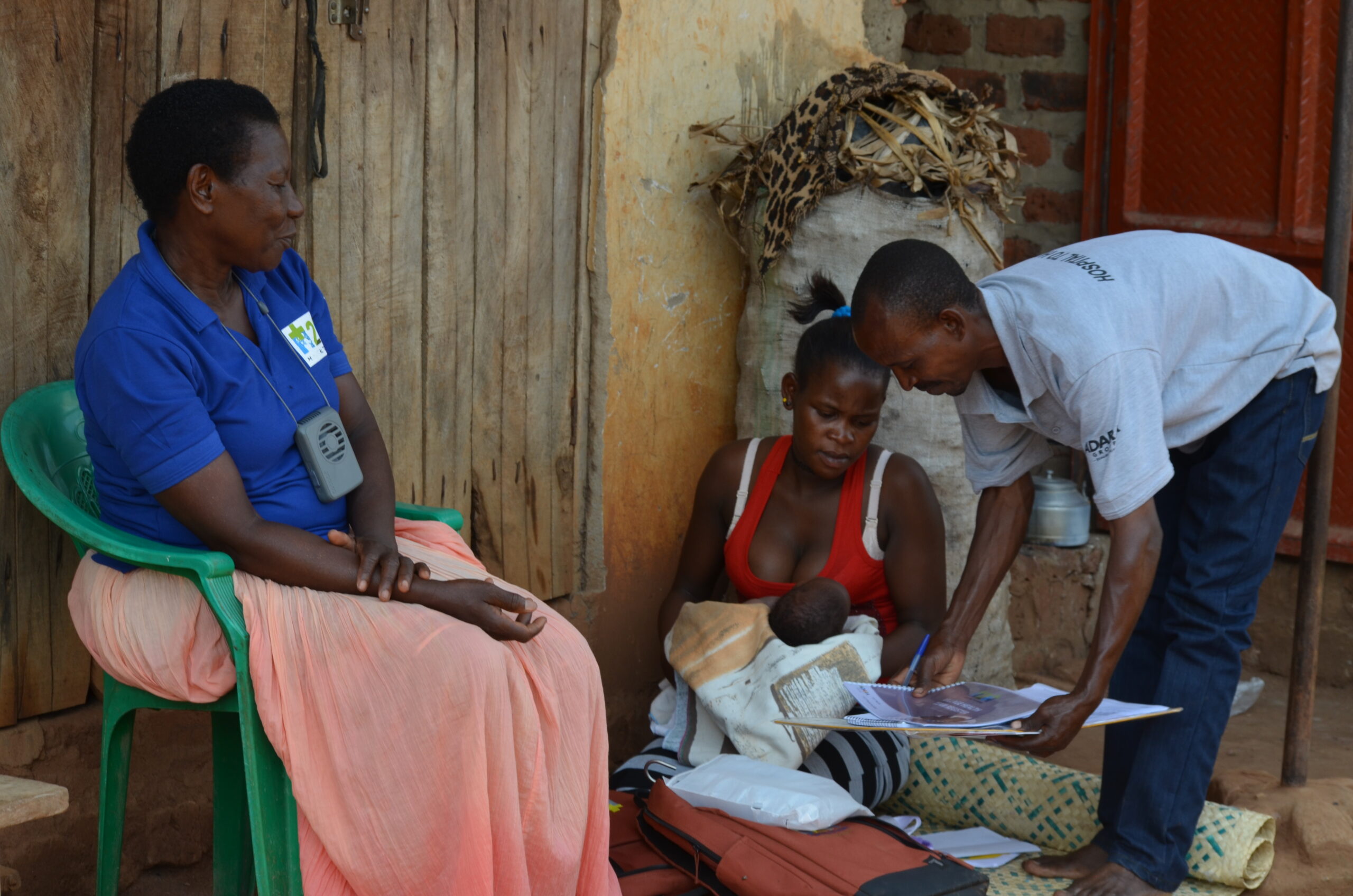
Research: Hospital to Home Outcomes Paper
A study evaluating the feasibility, acceptability and preliminary effectiveness of Hospital to Home (H2H), a discharge and follow-up programme for small and sick newborns in rural Uganda
Our knowledge sharing
knowledge sharing is an Ingrained pillar of our work
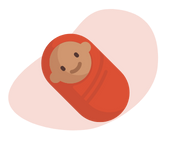
Birth Asphyxia Research
Adara recently published a research paper following a study at Kiwoko Hospital that found that increasing capacity in lower-level facilities for birth and newborn care may reduce the incidence of birth asphyxia, improve outcomes and help meet newborn mortality targets. The study observed that the risk of death due to birth asphyxia was twice as high when babies arrived from another facility as when they were born at Kiwoko Hospital. The paper suggests that equipping lower-level facilities with the resources, equipment and skills to care for newborns with birth asphyxia could reduce deaths.
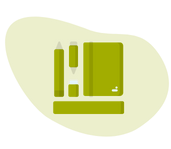
Humla Household Survey
In 2021, we surveyed 828 households in Humla, Nepal to assess literacy rates, child abuse, girl trafficking, menstrual hygiene, engagement in school activities, and perceptions on traditional gendered and cultural norms. The analysis of this data allows us to better understand the priorities of Humla residents and the impact of our programmes.
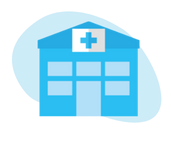
Kiwoko Hospital
Together with Kiwoko Hospital, we have developed a neonatal intensive care unit (NICU) that the Ugandan Ministry of Health recognises as a centre of excellence. Over the years, we have shared the knowledge we have gained from developing this unit in many ways. This has included working with the National Newborn Steering Committee to inform national strategy; developing and sharing newborn guidelines of care; and welcoming staff from other health facilities and organisations to visit Kiwoko Hospital to witness what is possible in newborn health.
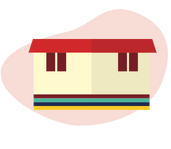
Model Schools
Over the past 25 years, we have developed a comprehensive model of remote education that ensures children, especially girls, have access to quality education from early learning to tertiary level. This model is based on our experience in developing Centre of Excellence schools, including Yalbang and Shree Ghyangfedi. To complement the impact of these leading institutions, we work with a network of surrounding schools to uplift quality of education across the Nuwakot and Humla districts. Adara now supports over 1,900 students across 15 schools.
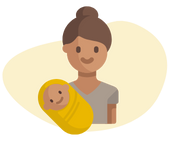
Adara Newborn
AdaraNewborn is our model of care, with the power to halve newborn deaths and stillbirths across 10 facilities in Uganda over the next decade. It will do this by supporting women and newborns from pregnancy through to their return home after birth. It provides health workers with training and mentorship; strengthens leadership and governance in the health system; equips facilities with the tools to succeed; and focuses on quality improvement systems. This creates sustainable systems change, saving lives now and reducing deaths into the future.
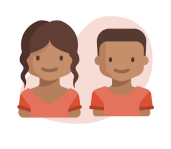
Adararemote
AdaraRemote is our holistic community development model, which aims to improve access to essential services for people living in remote areas. Implemented in two isolated districts in Nepal, it spans five pillars of service delivery: education, child protection, youth development, health and community resilience. Together these pillars can support remote communities to truly thrive. This model has been developed in collaboration with governments, local organisations and communities.
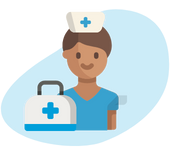
Newborn Guidelines of Care
Over the past five years, we have developed Guidelines of Care for nurses in low-resource settings on topics including thermoregulation, infection control, jaundice and sepsis. Our teams crafted the guidelines thinking of the newly graduated nurse, who would have little or no experience in caring for the newborn. In easy-to-understand language, the guidelines not only explain how something is done but also why. We have now shared these with the Ugandan Ministry of Health to support delivery of standardised and high-quality care to newborns throughout the country. Please contact us if you would like a copy.
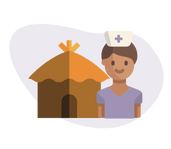
Hospital to Home
Our Hospital to Home (H2H) programme addresses a critical gap in newborn care – providing follow-up support to high-risk infants in low-resource settings. Based on our experience implementing the programme, we developed the H2H package that will allow other organisations to roll out H2H in their facilities and communities. The package includes all the materials and instructions necessary for other facilities to implement their own H2H programme.
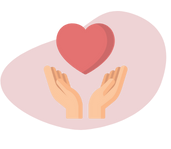
Adara model
Adara’s business-for-purpose model is so much bigger than us and we hope to see it replicated in all the world’s financial services centres. We take every opportunity to share the success of this model through presentations, media opportunities and conversations with like-minded individuals and organisations. Read more about how we share the Adara model with others here.
Sign up for updates

